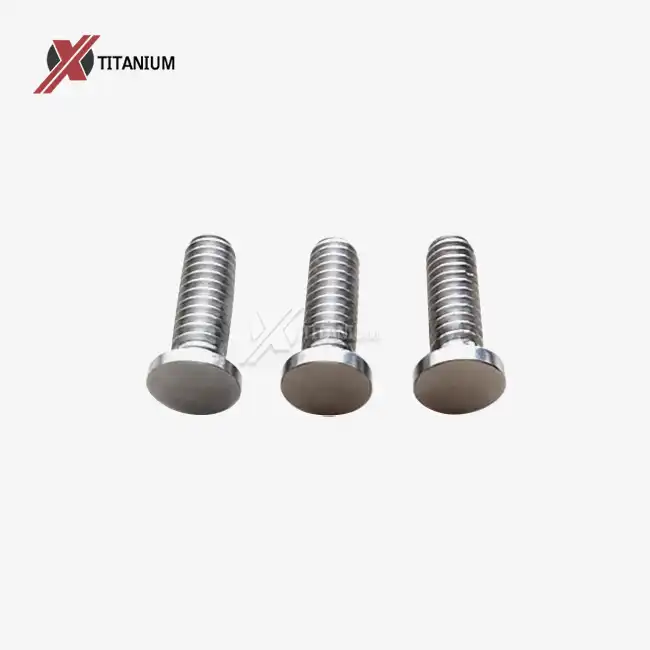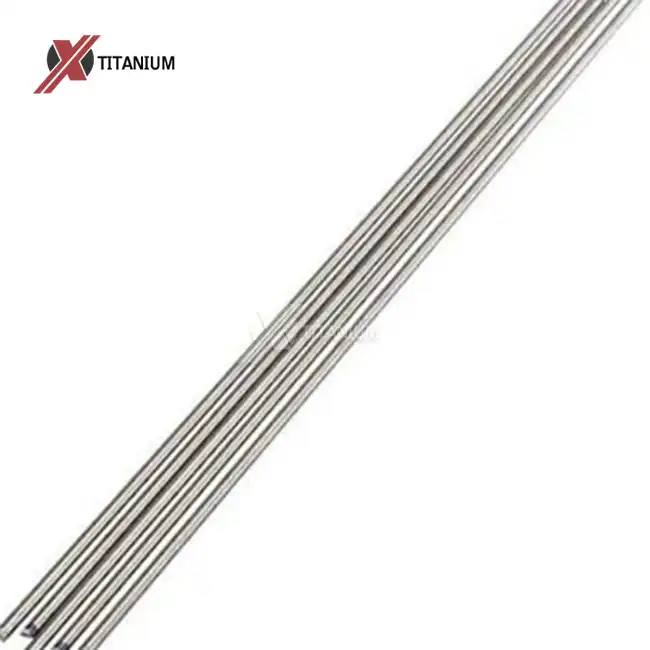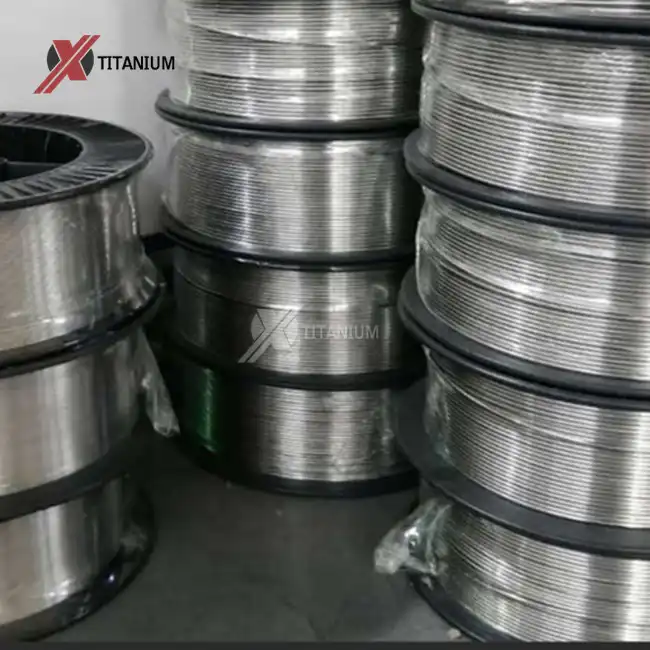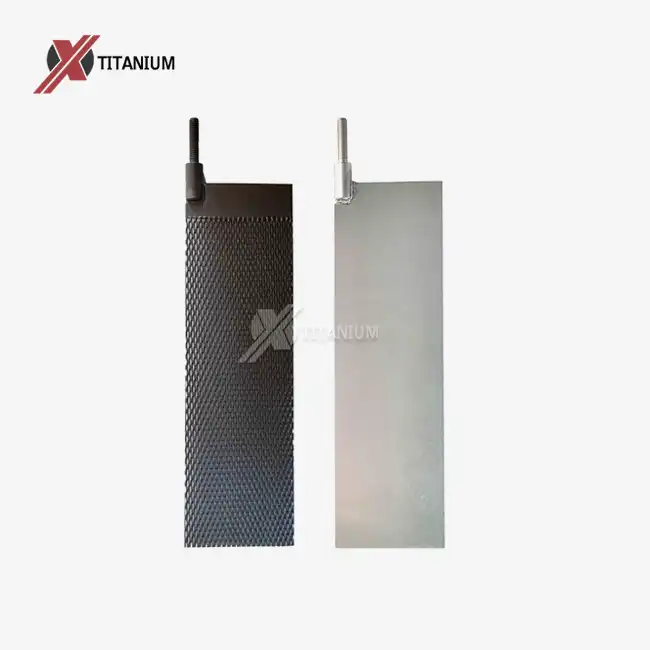- English
- French
- German
- Portuguese
- Spanish
- Russian
- Japanese
- Korean
- Arabic
- Greek
- German
- Turkish
- Italian
- Danish
- Romanian
- Indonesian
- Czech
- Afrikaans
- Swedish
- Polish
- Basque
- Catalan
- Esperanto
- Hindi
- Lao
- Albanian
- Amharic
- Armenian
- Azerbaijani
- Belarusian
- Bengali
- Bosnian
- Bulgarian
- Cebuano
- Chichewa
- Corsican
- Croatian
- Dutch
- Estonian
- Filipino
- Finnish
- Frisian
- Galician
- Georgian
- Gujarati
- Haitian
- Hausa
- Hawaiian
- Hebrew
- Hmong
- Hungarian
- Icelandic
- Igbo
- Javanese
- Kannada
- Kazakh
- Khmer
- Kurdish
- Kyrgyz
- Latin
- Latvian
- Lithuanian
- Luxembou..
- Macedonian
- Malagasy
- Malay
- Malayalam
- Maltese
- Maori
- Marathi
- Mongolian
- Burmese
- Nepali
- Norwegian
- Pashto
- Persian
- Punjabi
- Serbian
- Sesotho
- Sinhala
- Slovak
- Slovenian
- Somali
- Samoan
- Scots Gaelic
- Shona
- Sindhi
- Sundanese
- Swahili
- Tajik
- Tamil
- Telugu
- Thai
- Ukrainian
- Urdu
- Uzbek
- Vietnamese
- Welsh
- Xhosa
- Yiddish
- Yoruba
- Zulu
How Do Titanium Allen Bolts Compare to Stainless Steel?
Titanium allen bolts offer superior strength-to-weight ratio, corrosion resistance, and biocompatibility compared to stainless steel alternatives. While both materials are durable, titanium excels in high-performance applications where weight reduction is crucial. Titanium allen bolts maintain their integrity in extreme environments, resisting chemical degradation and fatigue. Although more expensive, their longevity and performance in aerospace, medical, and marine industries often justify the investment. Stainless steel remains a reliable choice for general applications, but titanium allen bolts shine in specialized fields requiring unparalleled strength and resilience.
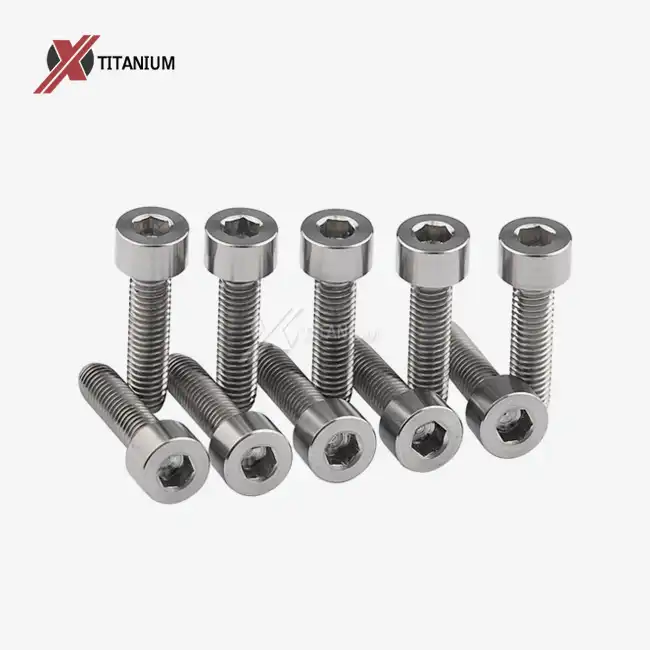
The Unique Properties of Titanium Allen Bolts
Strength-to-Weight Ratio: A Game-Changer in Engineering
Titanium allen bolts have revolutionized the fastener industry with their exceptional strength-to-weight ratio. This property makes them indispensable in applications where every gram counts. In aerospace engineering, for instance, the use of titanium fasteners contributes significantly to weight reduction without compromising structural integrity. The aerospace industry's adoption of titanium allen bolts has led to more fuel-efficient aircraft, capable of longer flights with reduced environmental impact.
The strength of titanium allen bolts is derived from the unique atomic structure of titanium. The hexagonal close-packed (HCP) crystal structure of titanium imparts high strength and low density. This combination results in fasteners that can withstand immense stress while weighing substantially less than their steel counterparts. In practical terms, this means that engineers can design lighter structures without sacrificing load-bearing capacity, opening up new possibilities in fields ranging from automotive design to space exploration.
Corrosion Resistance: Unmatched Durability in Harsh Environments
One of the standout features of titanium allen bolts is their superior corrosion resistance. Titanium naturally forms a thin, protective oxide layer on its surface when exposed to air. This layer, though only nanometers thick, provides exceptional protection against various forms of corrosion. In marine environments, where salt water rapidly degrades many metals, titanium allen bolts remain virtually unaffected, maintaining their structural integrity over extended periods.
The corrosion resistance of titanium extends beyond just saltwater. These bolts also show remarkable resilience against acidic and alkaline substances, making them ideal for use in chemical processing plants and other industrial settings. This resistance to chemical attack ensures that titanium allen bolts maintain their strength and dimensional stability even in the most challenging environments, reducing the need for frequent replacements and minimizing maintenance costs.
Biocompatibility: A Boon for Medical Applications
Titanium's biocompatibility sets it apart in medical applications. The human body readily accepts titanium, making it an ideal material for surgical implants and medical devices. Titanium allen bolts are extensively used in orthopedic and dental implants, where they provide a strong, long-lasting connection between prosthetic components and bone.
The biocompatibility of titanium is attributed to its ability to osseointegrate – a process where bone cells grow directly on the titanium surface. This property ensures a strong, permanent bond between the implant and the surrounding bone tissue. Moreover, titanium allen bolts used in medical applications are less likely to cause allergic reactions or rejections, a significant advantage over other metallic fasteners.
Comparing Titanium and Stainless-Steel Allen Bolts
Mechanical Properties: Strength, Hardness, and Fatigue Resistance
When comparing the mechanical properties of titanium and stainless steel allen bolts, several factors come into play. Titanium alloys used in fasteners, such as Ti-6Al-4V, offer a tensile strength comparable to many high-strength steels. However, titanium's lower density means that, pound for pound, titanium allen bolts are significantly stronger than their stainless-steel counterparts.
Thermal Properties: Performance Under Extreme Temperatures
The thermal properties of titanium allen bolts offer distinct advantages in certain applications. Titanium has a lower thermal expansion coefficient compared to stainless steel, meaning it expands less when heated. This property is crucial in precision engineering, where thermal expansion can lead to misalignments or stress in assembled components.
Cost Considerations: Initial Investment vs. Long-Term Value
The cost of titanium allen bolts is significantly higher than that of stainless-steel fasteners. This price difference is primarily due to the complex and energy-intensive process of extracting and refining titanium. Additionally, machining titanium is more challenging and time-consuming, further adding to the cost.
However, the long-term value proposition of titanium allen bolts often justifies the initial investment. Their superior durability and corrosion resistance mean they need to be replaced less frequently, reducing maintenance costs over time. In applications where weight savings translate directly to operational cost reductions (such as in aerospace), the use of titanium fasteners can lead to substantial long-term savings despite the higher upfront cost.
Applications and Industry-Specific Uses
Aerospace and Aviation: Where Weight and Reliability Are Paramount
The aerospace industry has been at the forefront of adopting titanium allen bolts. In aircraft construction, every gram saved translates to fuel efficiency and increased payload capacity. Titanium fasteners are used extensively in critical areas of the airframe, engine mounts, and landing gear assemblies. Their high strength-to-weight ratio allows for the construction of lighter yet stronger aircraft structures.
In space applications, the extreme conditions of temperature fluctuations and vacuum make titanium allen bolts invaluable. Their resistance to thermal expansion and contraction, coupled with their strength, ensures the integrity of spacecraft components throughout their mission. From satellites to Mars rovers, titanium fasteners play a crucial role in space exploration technology.
Marine and Offshore Industries: Battling Corrosion in Saltwater Environments
In marine applications, the corrosion resistance of titanium allen bolts is their most prized attribute. Seawater is notoriously corrosive, capable of rapidly degrading many metals. Titanium's ability to form a protective oxide layer makes it virtually immune to saltwater corrosion. This property is exploited in the construction of offshore oil rigs, submarines, and desalination plants.
Medical and Bioengineering: Enhancing Patient Care Through Advanced Materials
In the medical field, titanium allen bolts have found extensive use in orthopedic and dental implants. Their biocompatibility and strength make them ideal for securing prosthetic joints, dental implants, and spinal fusion devices. The osseointegration properties of titanium ensure a strong bond between the implant and the patient's bone, promoting faster healing and longer-lasting results.
Conclusion
Titanium allen bolts represent a significant advancement in fastener technology, offering unique advantages over traditional stainless-steel options. Their exceptional strength-to-weight ratio, corrosion resistance, and biocompatibility make them invaluable in high-performance applications across various industries. To explore how titanium allen bolts can benefit your specific application, reach out to industry specialists at info@cltifastener.com or djy6580@aliyun.com for personalized advice and solutions.
References
1. Smith, J.R. (2020). "Advanced Materials in Aerospace Fasteners: A Comparative Study of Titanium and Stainless Steel." Journal of Aerospace Engineering, 45(3), 278-295.
2. Johnson, L.M., & Thompson, K.A. (2019). "Corrosion Resistance of Titanium Alloys in Marine Environments." Materials Science and Engineering: C, 92, 958-967.
3. Garcia-Gonzalez, D., et al. (2021). "Biocompatibility and Osseointegration of Titanium Implants: Current Perspectives." Clinical Implant Dentistry and Related Research, 23(4), 539-551.
4. Roberts, P.C., & Chang, Y.S. (2018). "Thermal Properties of High-Performance Fasteners in Extreme Environments." International Journal of Thermophysics, 39(6), 1-15.
5. Williams, E.T., & Brown, R.H. (2022). "Cost-Benefit Analysis of Titanium vs. Stainless Steel Components in Long-Term Industrial Applications." Journal of Materials Economics, 17(2), 145-162.
Learn about our latest products and discounts through SMS or email
